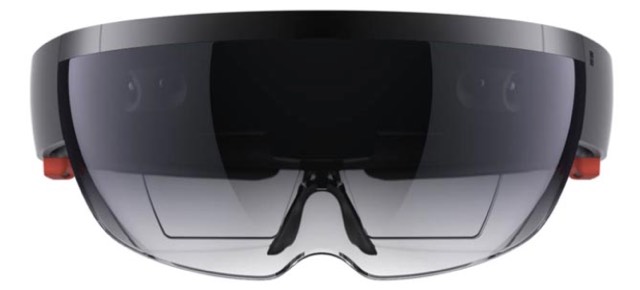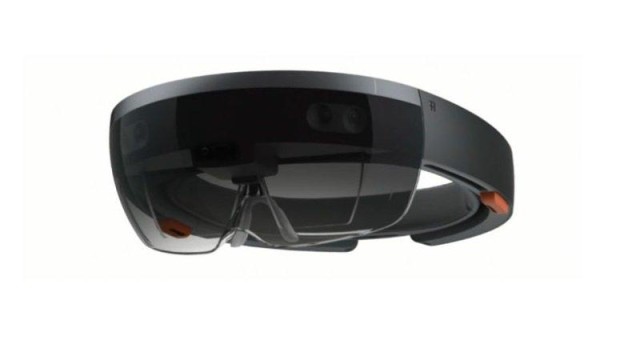Volvo Teams with Microsoft HoloLens for ‘Mixed-Reality’ Car-Buying
In the short term, Microsoft and Volvo Cars are operating along to transform car shopping with the help of increased reality holographic computing. Over the future, however, the companies conjointly envision increasing their partnership to try and do even more, including developing self-driving cars.
Announced late Thursday evening, the partnership proposes to use Microsoft’s HoloLens wearable holographic computing device to reinforce the expertise of potential car buyers at Volvo dealerships. In conjunction with the news, the 2 companies offered an demonstration at Microsoft headquarters in Redmond, Washington of how “mixed-reality” car shopping would possibly work.
In addition to helping would-be consumers better understand what new cars would possibly seem like before they are even designed, the HoloLens technology may conjointly enable new ways that of selling cars. For example, Volvo said the technology could permit car sales via small pop-up stores in areas where dealerships are presently unable to control.

‘Non-Intrusive, Extended Reality’
“Experiences like the one we created with Volvo allow you to experience holograms within the context of your real world environment,” Scott Erickson, Microsoft’s senior director for HoloLens, wrote in a blog post. “With HoloLens your peripheral vision is largely preserved, in order to allow you to move around spaces — like a vehicle showroom — very freely. This is a significant benefit to companies, like Volvo, where how people experience both the car and the dealership environment are very important.”
In a video demonstration of how HoloLens-assisted car buying might work, Magnus Brodd, Volvo’s head of creative strategy, noted, “it doesn’t intrude in any of the things you do but it also extends the realities around you.”
First previewed during the Microsoft Build conference in April, the HoloLens is not yet on the market, although a $3,000 developer edition is expected to begin shipping sometime in the first quarter of 2016. Microsoft is also collaborating on HoloLens projects with a variety of other partners, including NASA’s Jet Propulsion Laboratory, Case Western Reserve University, the Cleveland Clinic and Trimble Architecture.
A ‘Huge Improvement’ in Car Design
Over the long run, Microsoft said it expects to collaborate any with Volvo on the automaker’s self-driving vehicle ambitions. The company has already declared an experimental program known as Drive Me in which one hundred autonomous connected cars are given to real-world customers round the Swedish town of Gothenburg in 2017. Volvo said the pilot are “the world’s largest autonomous driving experiment.”

For one thing, product designers can employ mixed reality to design and collaborate. This announcement from Volvo is just the next logical step in what will be a huge market for HoloLens going forward — the product design space, he added.

